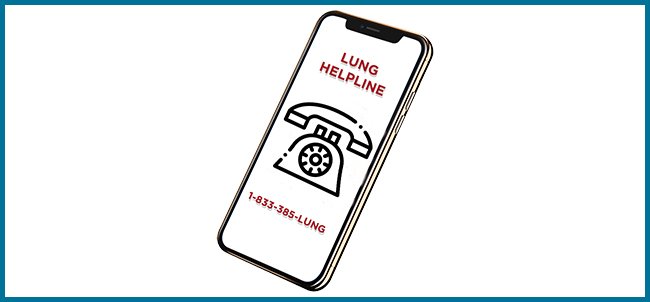Signs & Symptoms
Symptoms of pertussis begin within one to two weeks of exposure to the bacteria. At first a pertussis infection can seem like a common cold. Early symptoms can include:
-
runny nose/eyes
-
fatigue (tiredness)
-
fever
After about one to two weeks, coughing can become severe. Often the cold symptoms disappear and severe and repetitive coughing begins. Coughing can become so violent and frequent that you are forced to inhale with a loud “whooping” sound. After the phase of severe coughing, the cough symptoms begin to improve and slowly go away over several weeks.
Many infants and younger children who become infected with pertussis will develop coughing spells and the common “whooping sound” as they inhale – but not in all cases. Infants may not cough at all but may look as if they're gasping for air. Their faces may also become very red. They may stop breathing for a few seconds during severe spells.
See your doctor or even the emergency room if your child is having pertussis symptoms or has been exposed to someone with pertussis, even if your child has already received all scheduled pertussis vaccinations.
Those who are vaccinated, adults and teens with pertussis may have milder symptoms, such as a long-lasting cough (rather than coughing spells) or they may cough without the whooping sound. Loss of bladder control, weight loss, passing out, and rib fractures are the most common complications in adults and teens.
Older members of a household may have pertussis without knowing it. This can be a serious risk to younger children and infants in the home who are unvaccinated, or who haven’t yet completed their full schedule of vaccinations.
Complications in Children
Many infants who get pertussis must be hospitalized. In rare cases it can be life-threatening. Some of the complications for young infants and children can include:
-
vomiting after a coughing spell
-
weight loss
-
breathing problems
-
choking spells
-
pneumonia
-
convulsions
-
brain damage
-
death
When should I seek emergency treatment?
Anyone struggling to breathe, having breathing causes or turning blue should seek immediate medical care.
Go to the emergency room immediately if your child experiences any of the following warning signs:
-
long-lasting coughing spells that make your child's skin or lips turn red, purple, or blue
-
coughing followed by vomiting
-
whooping sound when your child breathes in after coughing
-
difficulty breathing or brief periods of not breathing (apnea)
-
lethargy (no energy)
-
dehydration - not drinking enough fluids, hasn’t passed urine in many hours, or has no tears when crying





